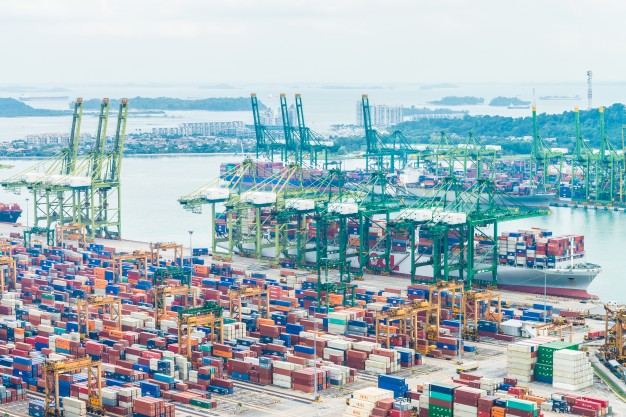Importer Tips: Tips to Effectively Manage Your Import Supply Chain

Most importers will testify that managing shipments – from proper documentation to clearing cargos at the docks – is not a simple task. The import process involves a plethora of interactions and complying with dozens of regulations. These requisites can have a significant impact on your supply chain. Therefore, careful planning and fluid supply chain execution are required to minimize the uncertainties throughout the whole process.
Here are some tips that you can implement to optimize imports supply chain and speed up cycle time while complying with increased regulatory requirements in the industry.
1. Identify All Potential Pain Points
To optimize your supply chain, you must identify all the potential pain points that may cause hiccups in your operations along the way. Knowing these disruptions before they arise will enable you to create a proactive strategy with your service providers.
Aside from factors such as weather and catastrophic events, planning for the following common pain points in the supply chain will help ensure seamless import operations in the long run:
- Port congestion and labor disputes
- An unexpected change in vessel route
- In-transit capacity crunches
- Holidays, especially Chinese New Year.
2. Weigh the Benefits of LCL vs. FCL Shipping
When importing from overseas, you will likely choose between less than container load (LCL) and full container load (FCL) as a means of shipping your cargo. Each method has its own advantages and drawbacks. For instance, LCL will help you save on cost since the shipping price is shared among other importers. One of the drawbacks of this shipping method, however, is that the arrival schedule of shipments is often inconsistent. Nonetheless, there are services providers that offer regularly scheduled LCL services.
3. Hire a Trustworthy Customs Broker
Auditing your customs documents consistently is must to protect the operations and the namesake of your import business. If time is an issue, you can hire a trustworthy customs broker who will look over your records and will make sure everything matches up. In doing so, you will not only be able to ensure legitimate import operations, but you will also be able to focus on other important aspects of your growing business.
4. Ensure All Your Logistics Service Providers are Linked
Finally, a streamlined import-based supply chain will ultimately depend on the ability of your transportation and logistics partners to communicate with you and one another.
Since there are so many moving parts within international logistics, failures tend to occur in the spaces between each parties. If your service providers are communicating well with you, but you are still encountering issues, you may want to ensure that they are on the same page with each other.
It is very easy to get overwhelmed by the nuts and bolts of the complex import-based supply chain management. Being well-informed and asking your trusted customs broker and freight forwarder the right questions can significantly help you avoid costly surprises.
Excelsior Worldwide Freight Logistics conduct free orientation for those who are willing to learn about importation & exportation. It is our advocacy to share our knowledge & experience for 17 years in the business. Contact us today to learn more about our service.
